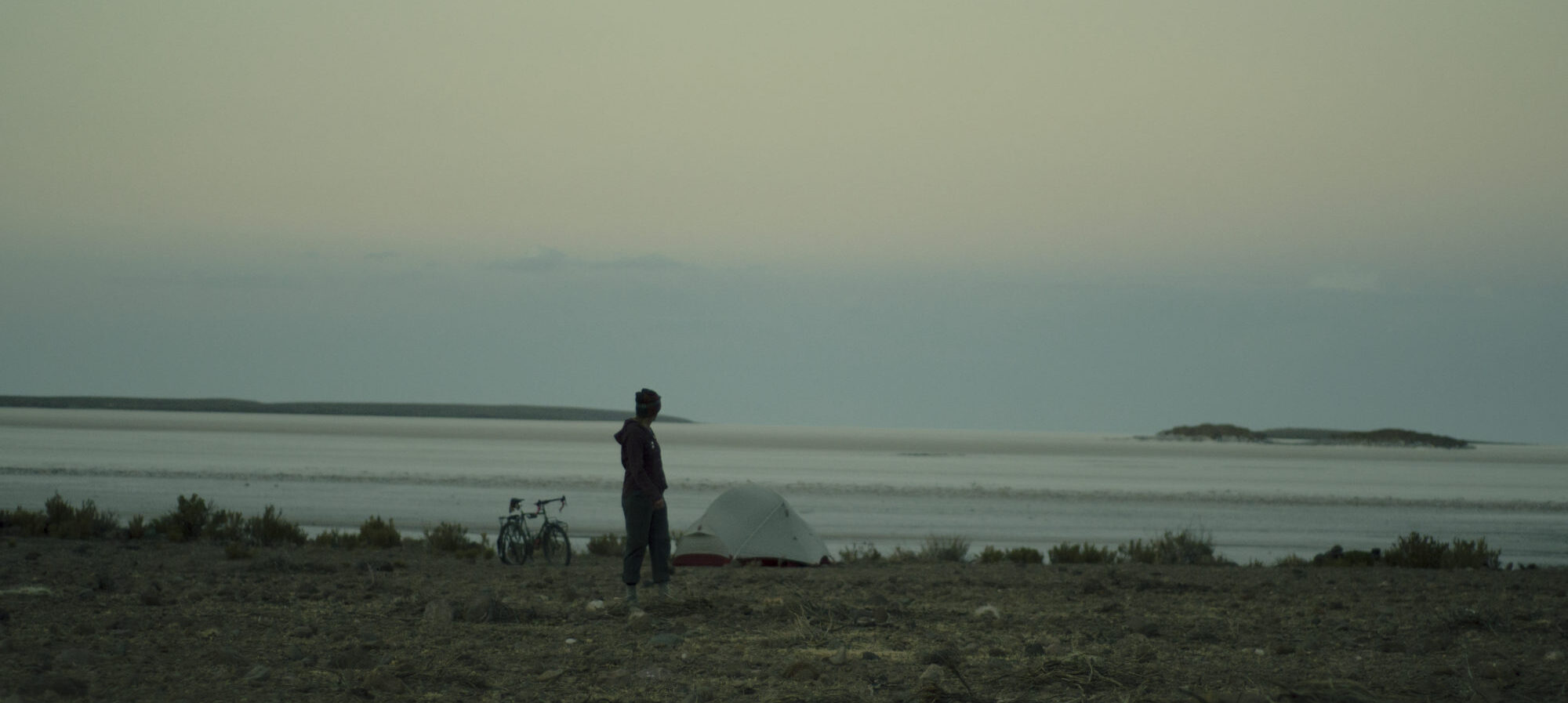
This book is brutal.
It depicts and talks about violence, especially violence from wars and the peripheral violence that is caused by them: famines, droughts, sexual violence, genocide, and sacrificing civilians to hinder your enemy.
So with an introduction like that, who wouldn’t want to read this book? One thing that differentiates this book from television shows such as Game of Thrones, is that not once does this series glorify these atrocities rather it often is a discussion within the pages about ends justifying means, morality, what are you actually fighting for, power, and more.
The Poppy War takes place in a fictional land called Nikan, which is heavily inspired by Chinese history. There are analogies to nearby island powers such as Taiwan and Japan as well as far-off imperial/colonial powers that are definitely stand-ins for empires such as Great Britain. In the world she created there are gods of varying powers, abilities, and trustworthiness. Some of the most powerful, such as the dragon or Burning God, don’t so much as aid you rather consume and turn you into something wholly different the more you call on their power and aid. But the Burning God has not been heard from in years, especially since the destruction of the island nation of Speer, where the Burning God ruled.
This book opens with a rural girl named Fang Runin, or Rin for short, who wants to attend her country’s prestigious military school. But she’s an orphaned commoner from a poor corner of the realm, Rooster Province. When she aces the entrance exam and goes to Sinegard where she expected to find friends and peers and a home away from servitude and discomfort she only found more trial and discrimination because of her skin colour, gender, and heritage – especially from the children of the more wealthy and connect families who took extra pleasure in singling her out for bullying and abuse. Her only ally and friend her age during this time is a boy named Chen Kitay who is himself out of place as more of a scholar than a fighter.
One thing this novel does extremely well is dissecting these topics throughout the pages creating not only a conversation about them with the characters but with the readers too. Where do these forms of societal violence come from, why do we cause pain and suffering to others, when is it ok to use violence and why is it ok, is violence really ok? And R.F. Kuang makes us feel each bit of suffering and heartache because we are made to empathise with not only Rin but even her erstwhile enemies. As we follow Rin throughout her journey across her nation and into war, we watch her change in a natural way, her character development never feels forced or contrived, but a natural progression from an innocent child into one of the most powerful generals/warlords in the world. This book is kind of like death by a thousand cuts, instead of witnessing her actual death we watch the Rin of youth be killed by the pride and ambition of someone who comes from the bottom rungs of society get a taste of power and agency and tries to remake the world into a better place, but every decision she makes, every sacrifice tears another piece of Fang Runin away forever and replace it with vengeance and anger from the Burning God; just another kind of death.
Unlike many fantasy novels with a young protagonist going to school, this is not a romance novel or a YA coming-of-age story but a harsh critique of colonialism and imperialism, the patriarchy, religions, and other forms of repression and violence. If you are turned off by violence, I would avoid this book. However and to quote the author HERSELF “If you liked Avatar the Last Airbender but always wished it were a little darker and more fucked-up, you might like this.”
This book was one I could not put down, it is a mature novel, a high fantasy epic in every sense of the word. The scope and scale of it puts it into the category of the epic stories of history. R.F. Kuang is a master of worldbuilding and making them seem alive and lived in. When I read her work, it takes very little effort to imagine what she’s describing or creating. I feel like I am there walking down the muddy streets in Nikan, hiding from the invading enemies while trying to rebuild the once strong nation that she was told she belonged to as a child.
Rating: 9.5/10
